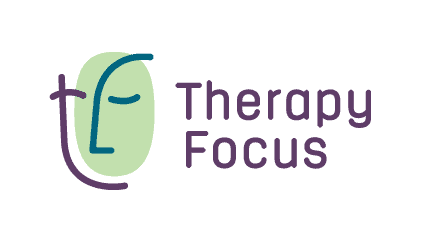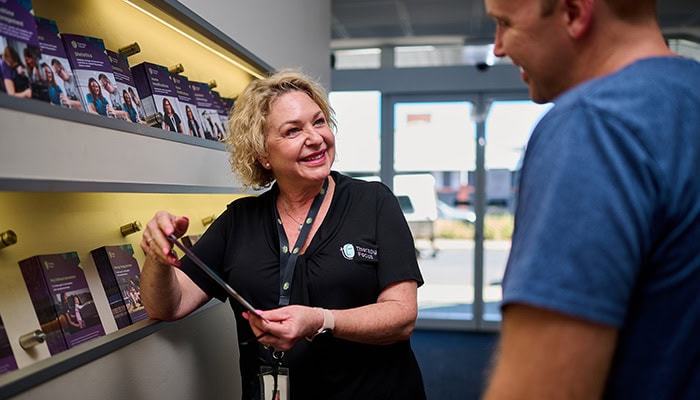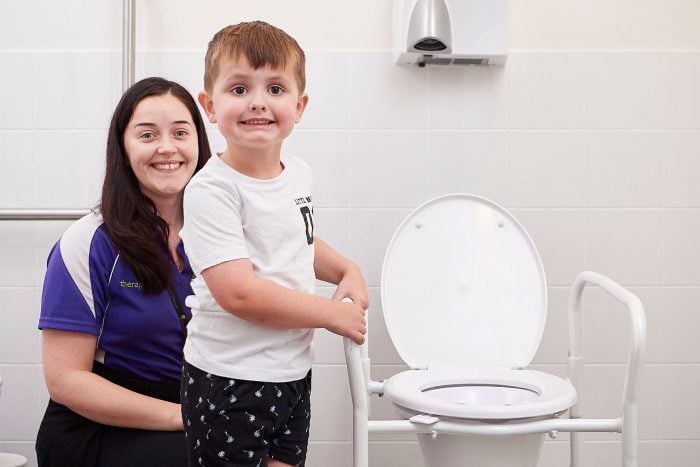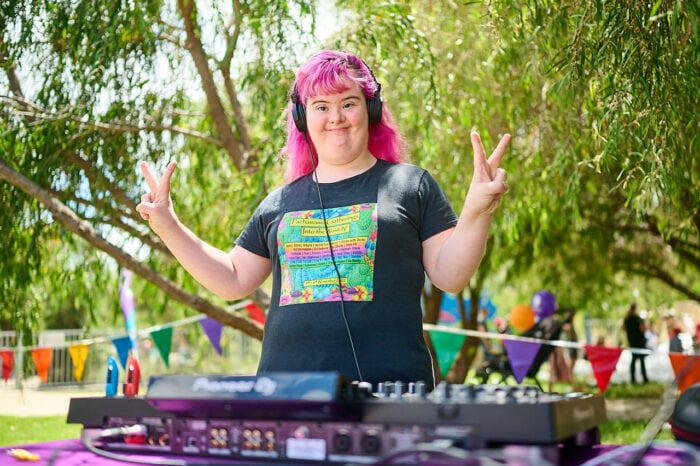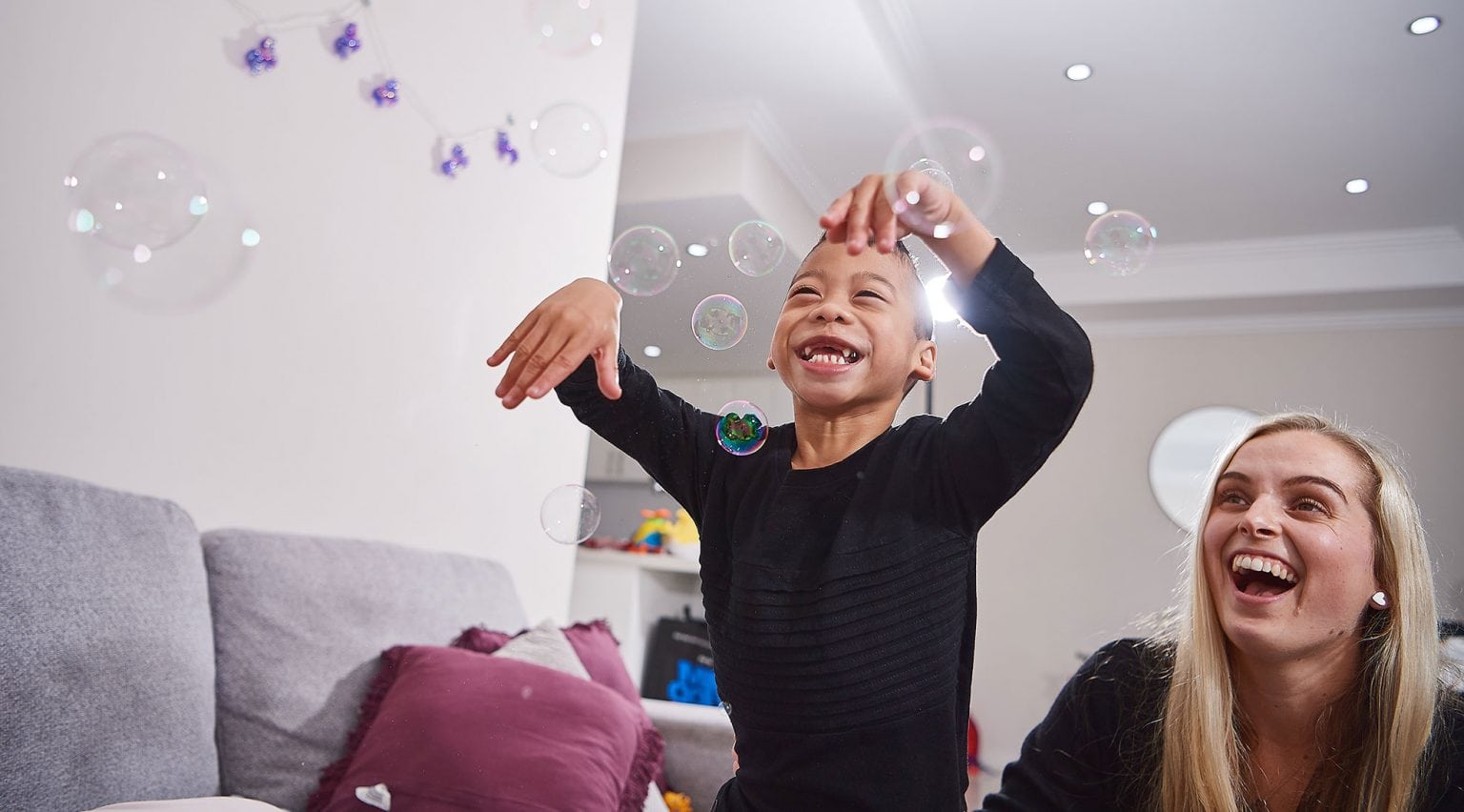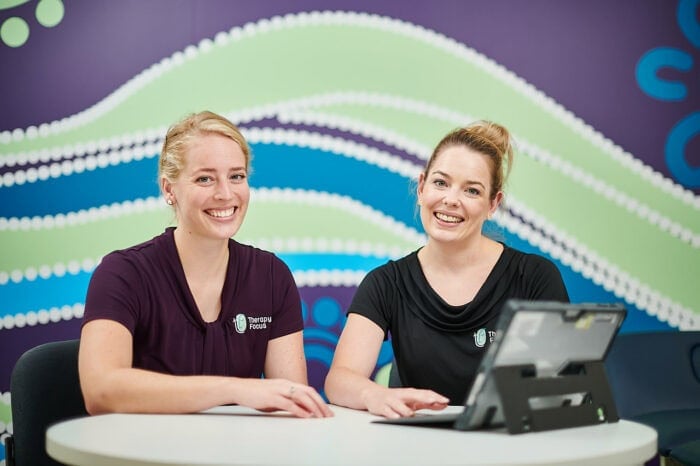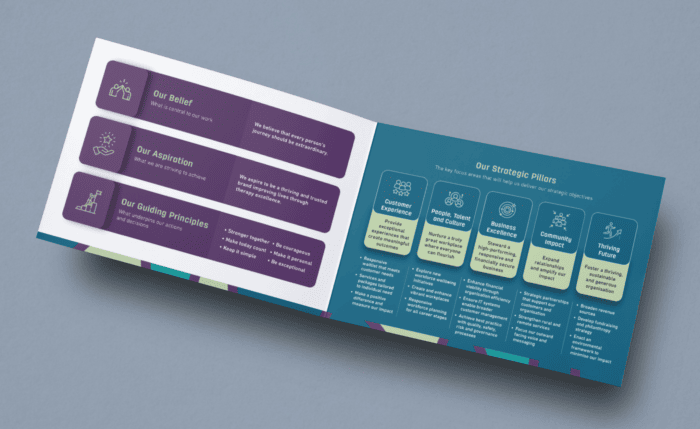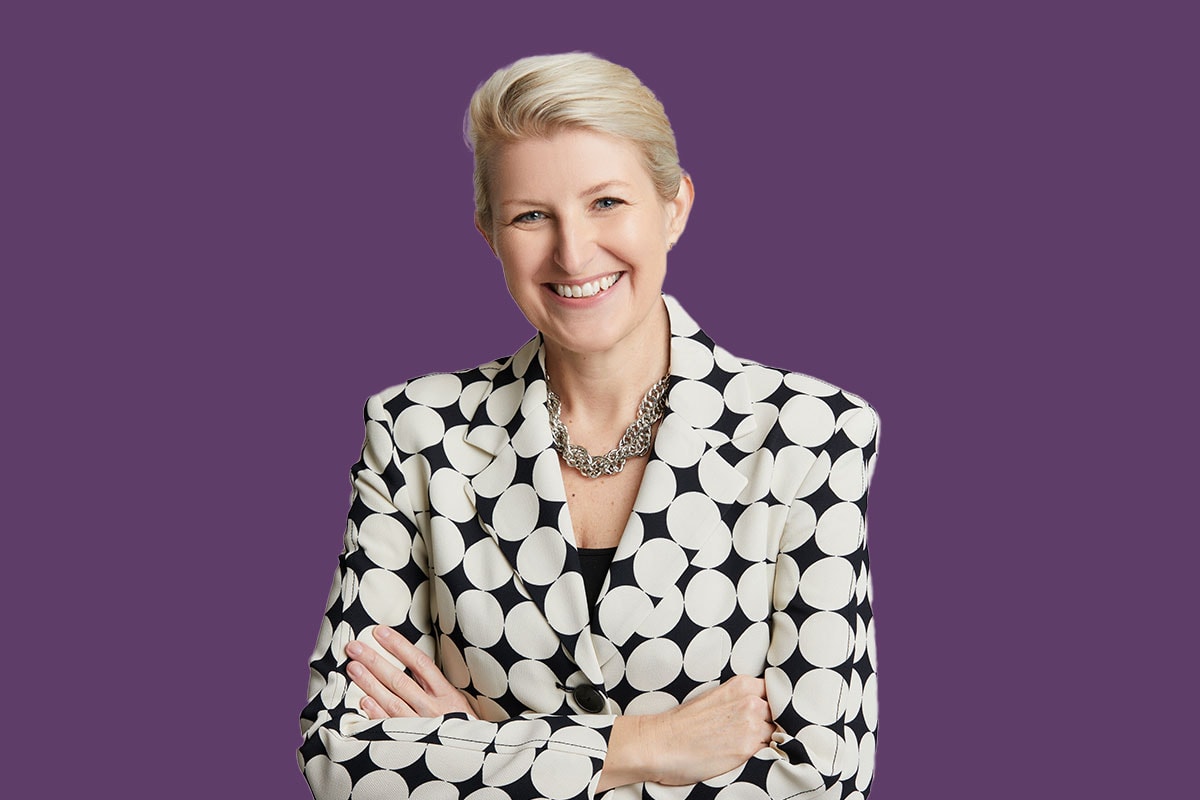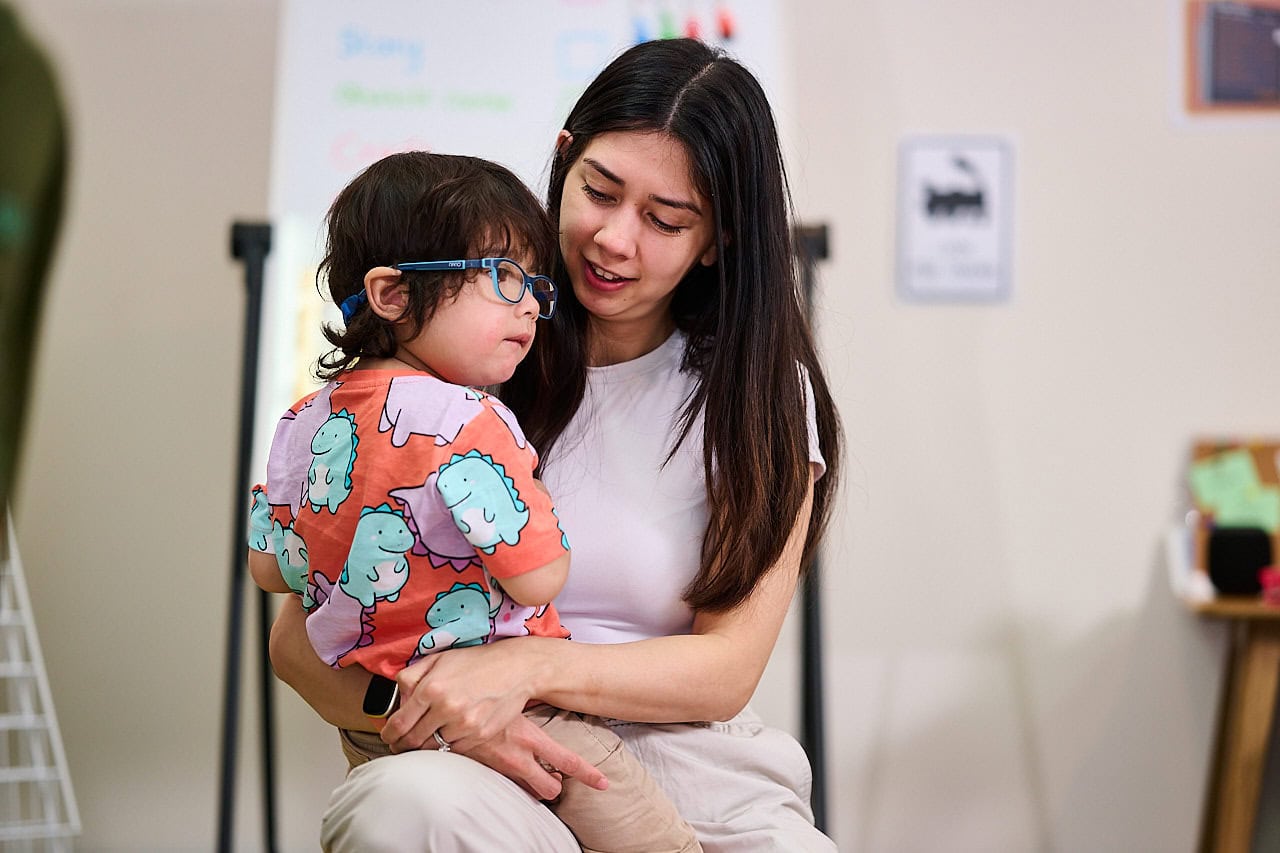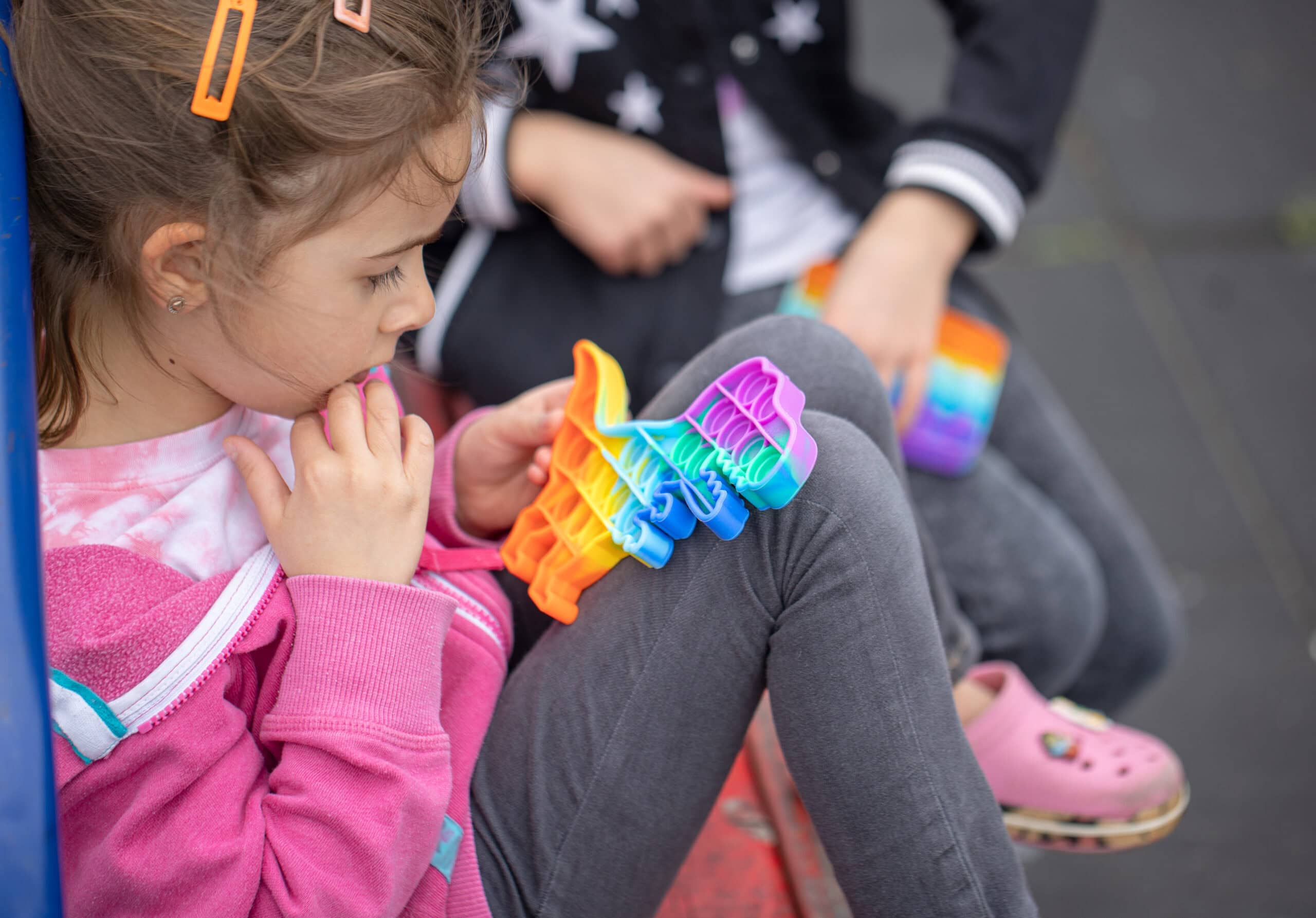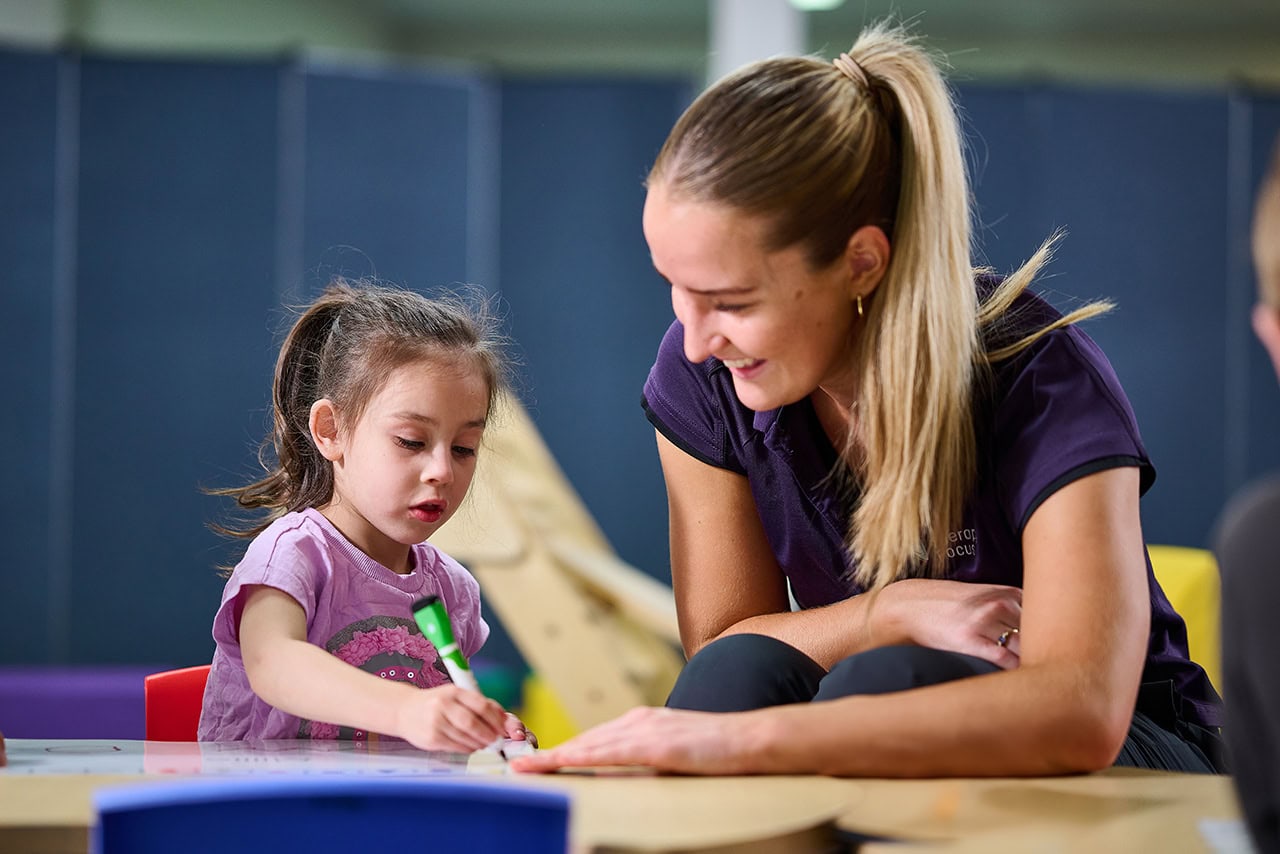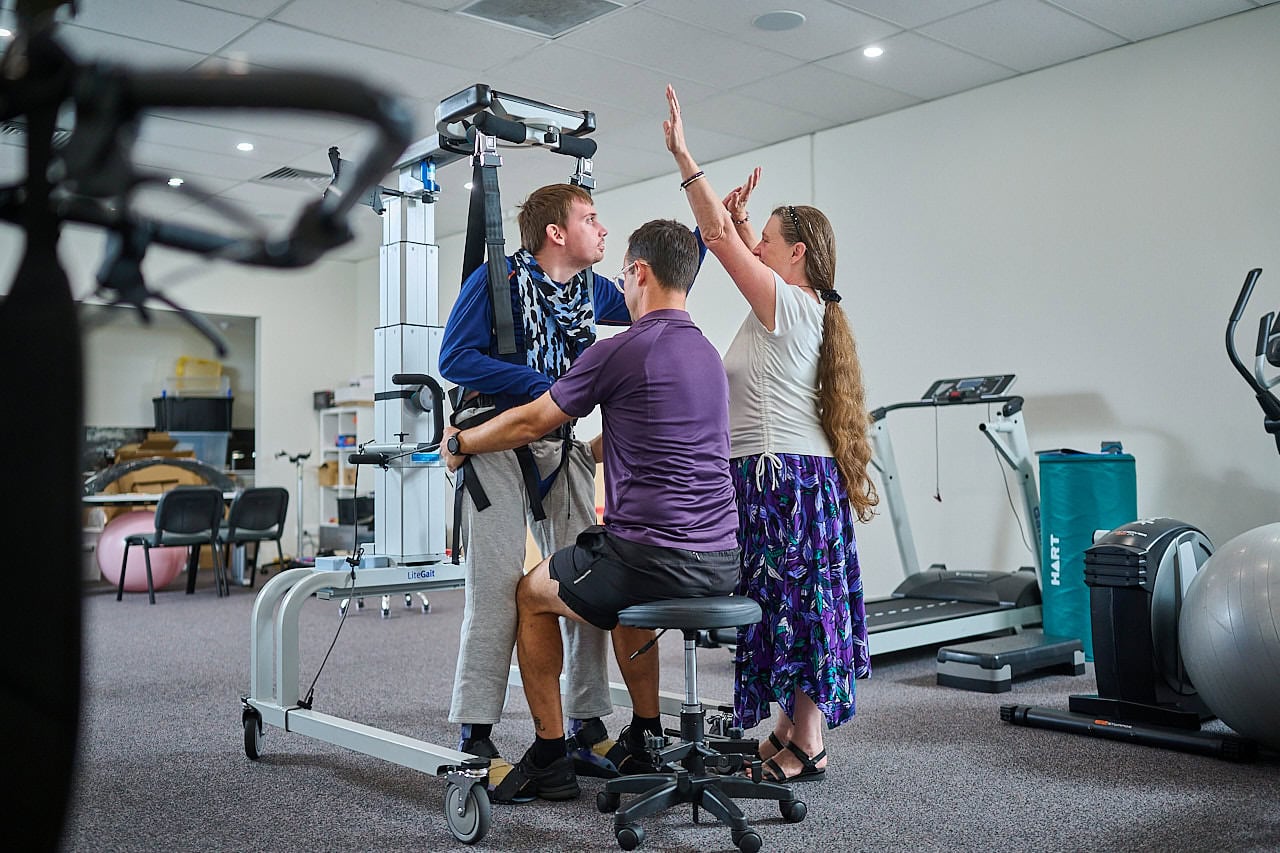Transitions: Starting High School
Starting High School can be a daunting prospect for many pre-teens. Another big change in routine, new faces, new rules, it can all seem a little overwhelming. Having support from a Therapy Focus therapist can help make this transition easier.
How do I support my child with disability’s transition to high school?
You can do many things at home to get ready for your child’s transition to high school and it is important to start preparing for the transition to high school as soon as possible.
Conversations about high school usually start at the end of year five/start of year six. Preparation for high school could include meeting with the high school to ensure they are aware of your child’s needs and organising transition visits so your child can go and spend a few days at the high school with other peers from their class or a familiar support person such as a teacher or education assistant. Your therapist will be able to attend these introductory meetings with you if you would like their support. Transition visits will give your child the chance to work out the school’s layout (where their lockers will be, where the canteen and lunch area is, the library and gym and where their primary classrooms will be, etc.).
Talking about the new school and routine in advance, visiting the school and working out practicalities, such as how to get to and from school, can all be done before your child starts high school. You can also create a high school booklet that includes pictures of the school, their teachers, education assistants, and friends who might also start high school with them. Include information such as how they are getting to and from school and what subjects they will be doing. Your therapy team can support the development of the booklet.
Preparing in advance will help to reduce the ‘unknowns’ about transitioning to high school and will allow for discussion about how your child is feeling and highlight any questions they may have. When talking about high school, it is also important to focus on the aspects of the transition to high school that will remain the same. For example, they may still have the same friends attending high school; they will still be dropped off at school; they will still wear a uniform, etc. It can also be useful to talk to your therapist about creating an information book about your child, including their communication style, interests, and tips that support them so that their teachers can be aware before meeting them.
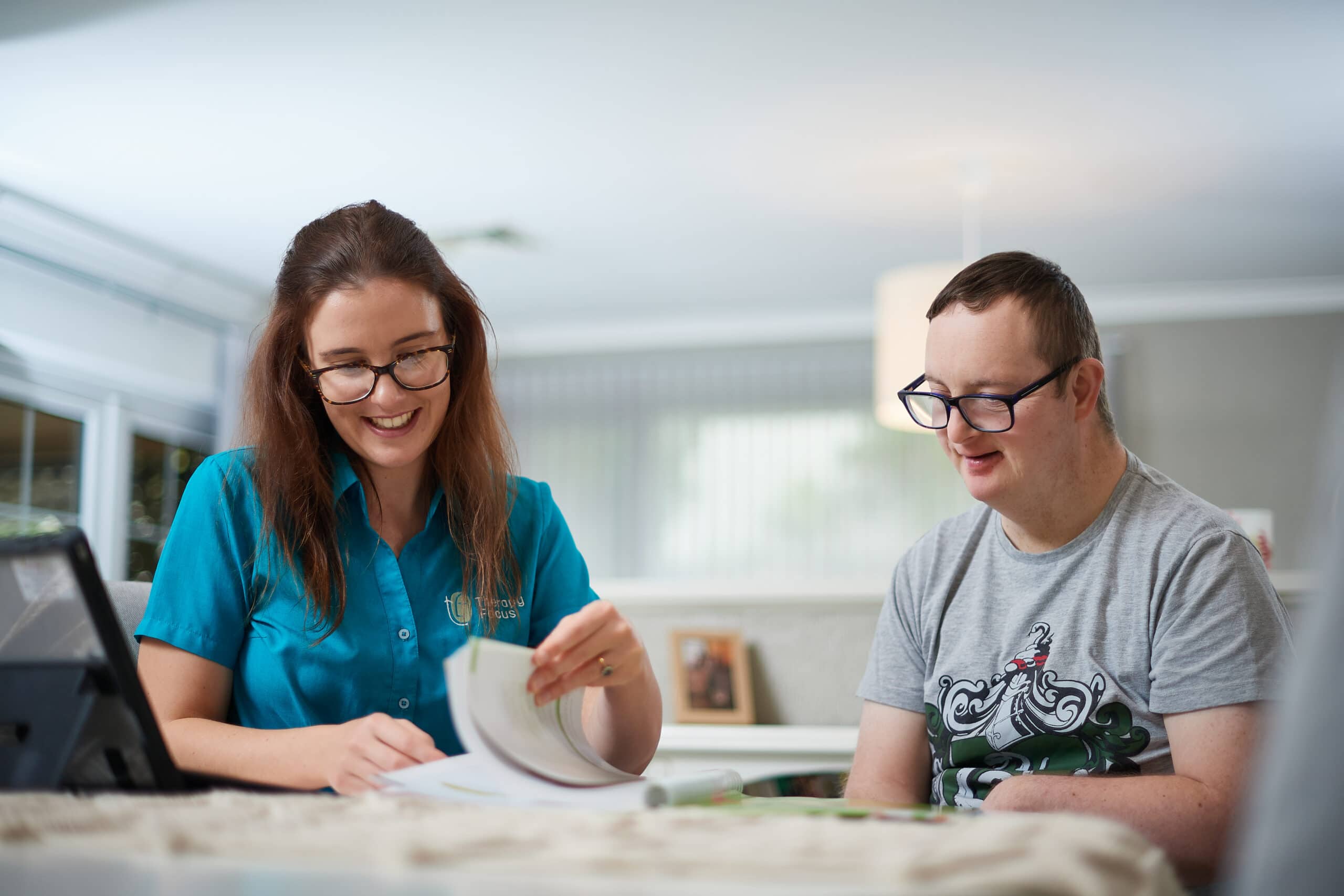
Organisational skills are also important for high school. You can support your child to develop these skills by helping them use a diary, showing them how a class timetable works, and helping them organise their textbooks. Colour coding books can often be a useful way to help your child to find the books they need quickly.
As with any transition, there may be ups and downs, particularly in the first term when everyone is adjusting to the new routine. By continuing to communicate with the school staff and your therapy team, you can work towards supporting your child through the transition.
Can my child with disability get special conditions for tests and exams?
Students who live with disability may have difficulty with completing timed assessments. In these circumstances, there may be provision for special conditions during exams. This could involve extra reading and working times, rest periods, special instructions, the use of a computer or scribe and more.
Assessments to determine the type of special conditions your child needs can be completed by school staff and your therapy team. The school may need to submit this to the Education Department in advance for approval before big exams (like ATAR). Your therapy team and school staff can work together to set up the best learning environment for your child.
If you think your child might be eligible for additional support during exams, it is recommended this be raised with your school and therapy team early to ensure all assessments and timeframes are met.
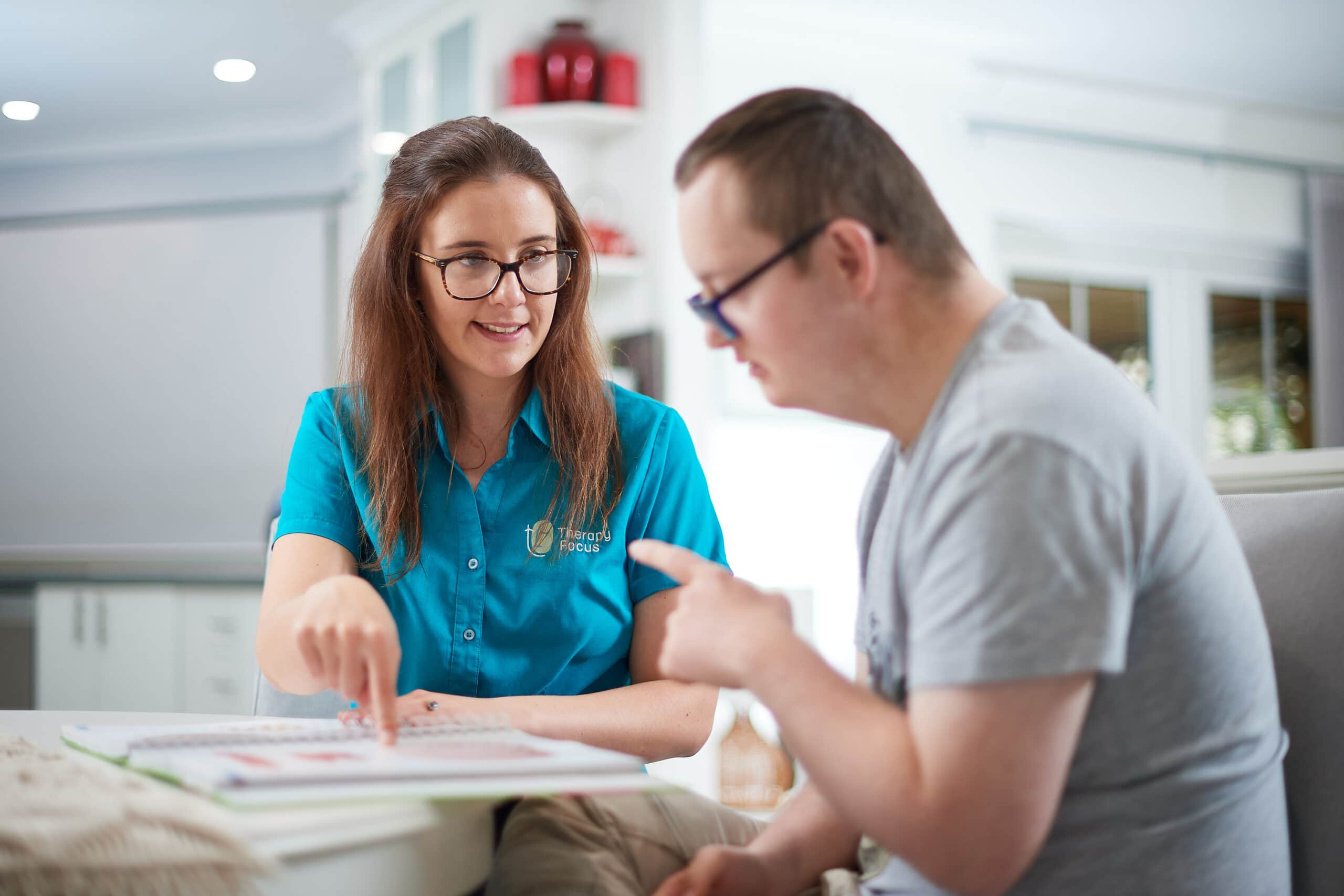
What supports are available for students with disability?
At Therapy Focus, our team of therapists can continue to support your child as they transition into high school. Our therapists can support with learning about the differences with going to high school, as well as support with learning about timetables, reading maps, using a diary, problem-solving, meeting new teachers, and making new friends. Please contact your therapy team to ask them about how they can support the transition to high school.
Teenagers and Young Adults
Get support for teenagers and young adults with disability as they enter their adult years.
